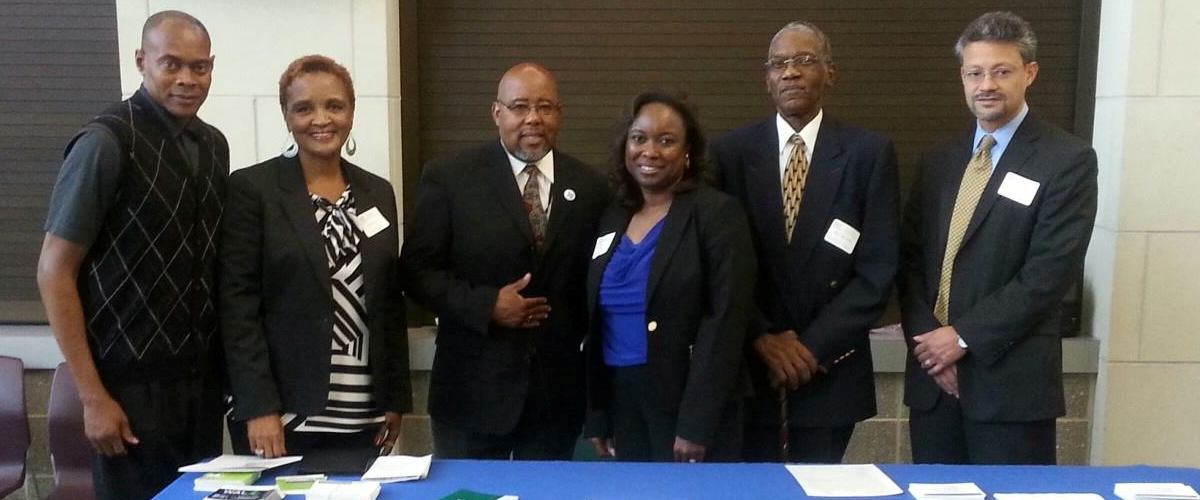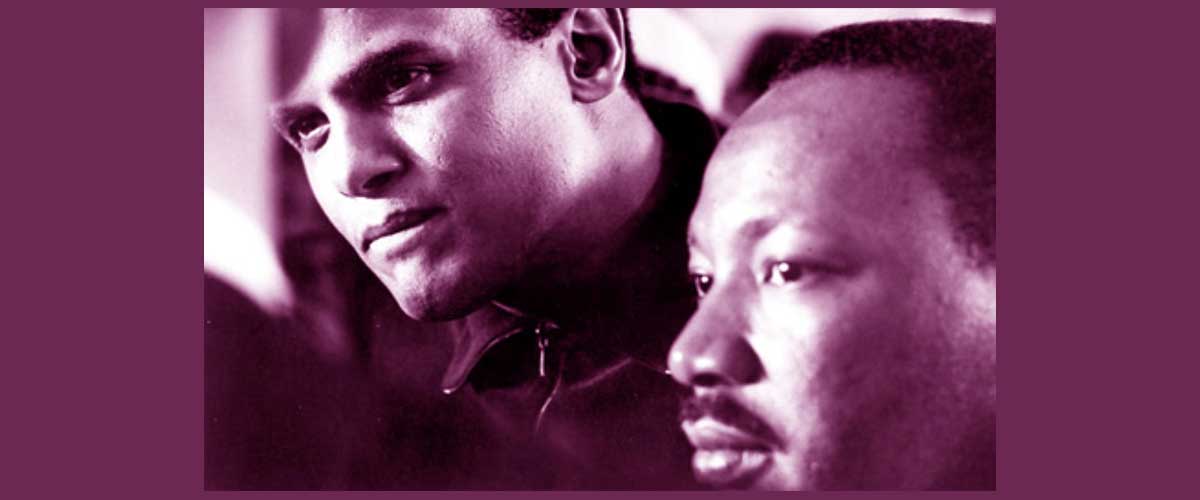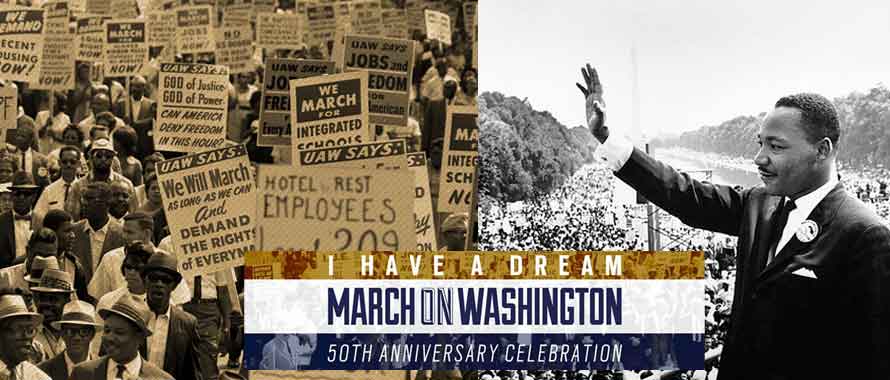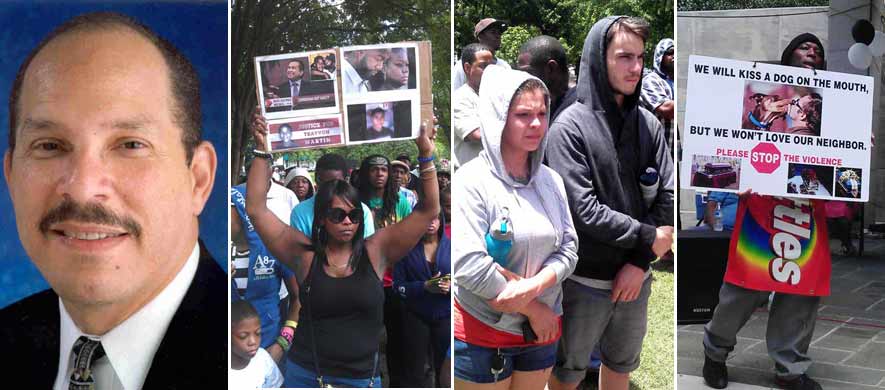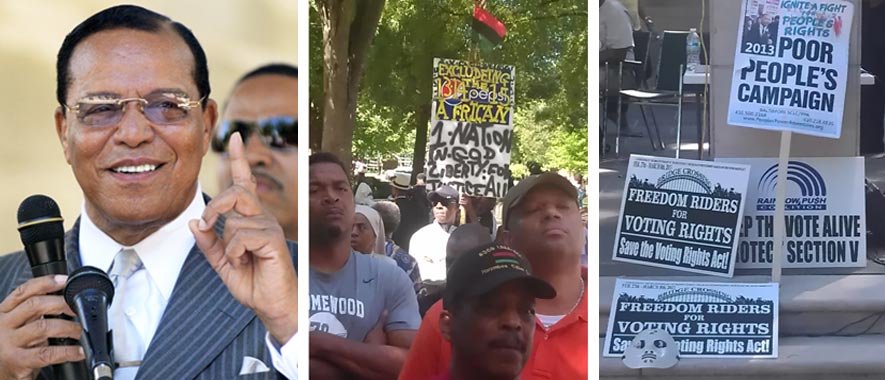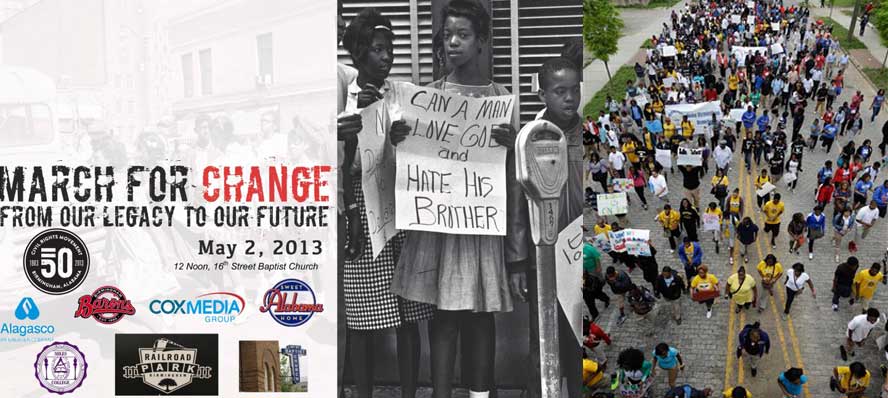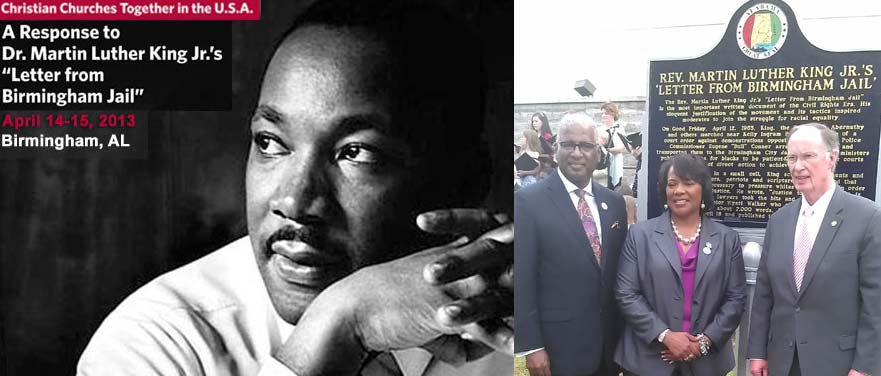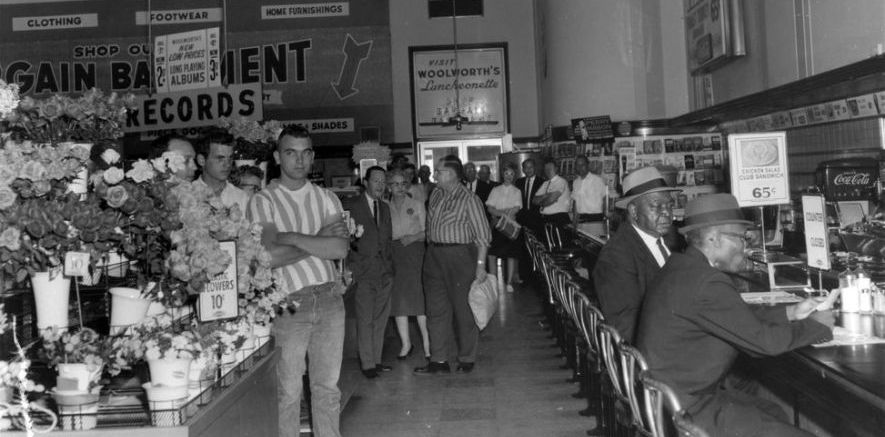Reading “Poverty and Public Health,” a great article by colleague Mark Kelly in his Weld for Birmingham newspaper, was bittersweet for me.
It made me think of my friend Rev. Ronnie Williams. He should have been in it.
At the time Mark was interviewing and writing his story, Ronnie was battling the cancer that had spread from his lungs to his brain and other parts of his body. The cancer grew as the result of a severely addictive cigarette habit that gripped this public health advocate’s life for 45 years. Ronnie was 56 when he lost his battle and died on Sept. 23, the same day Mark’s article came out.
From the time that I met him two years ago, Ronnie began explaining to me the intricate connection between poverty and public health. Now, public health itself is a deep, multi-disciplinary field of preventative medicine. It requires a mind that can connect health with a broad spectrum of social factors, environmental conditions, political decisions and public policies — the “determinants of health.” It’s a lot to take in.
For years, Ronnie, a military veteran with a work background in IT, had immersed himself in this field, particularly as the former executive director for Congregations for Public Health. The community-based nonprofit came together under a grant to the University of Alabama at Birmingham’s School of Public Health. He was also instrumental in bringing the Joint Center for Political and Economic Studies‘ Place Matters initiative to Jefferson County.
In these capacities, he came to understand that the real root causes of health disparities among the poor, especially African Americans, was the nature of poverty itself.

